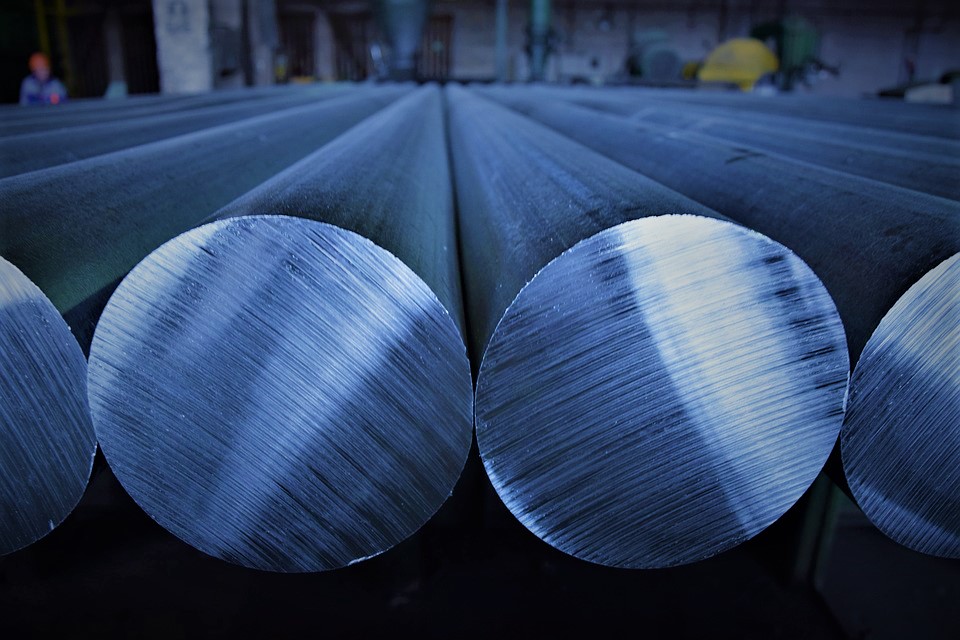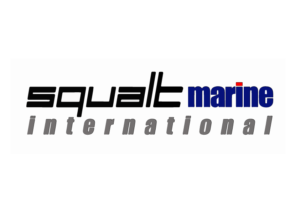The origins of Sealium®
Created and registered by Alcan Marine, this aluminum alloy, called Sealium®, optimizes the overall productivity of shipbuilders and the performance of ships in general, as it makes ships more robust, safer and more user-friendly.
For vessels of less than 50 m length, they benefit from improved sampling, which results in:
- structural weight savings on patrol boats
- increased resistance on service vessels
- additional interior space in luxury yachts.
Chemical composition of Sealium®
| % | Si | Fe | Cu | Mn | Mg | Cr | Zn | Ti | Zr | other (max.) |
| min. | 0,7 | 4,0 | each: 0,05 | |||||||
| Max. | 0,25 | 0,25 | 0,20 | 1.0 | 5.2 | 0,25 | 0,40 | 0,15 | 0,20 | total 0,15 |
| Reste: Al. (The limits are in maximum percentage unless otherwise indicated) | ||||||||||
Différences between Sealium® and 5083 standard alloy
Benefits of Sealium®
- welded strength limit 15% higher than standard 5083 alloy
- increase of the safety margin of the same samples
- significant weight savings (20% than standard 5083 alloy) thanks to optimized samples
- improved corrosion resistance and increased resistance to fatigue
- same properties of use as alloy 5083
- formability: same cutting, flexing and shaping
- welding: no change in welding procedure, consumables or heat-induced deformation
- greater recycling value for the Sealium® welded assembly.
Disadvantage of Sealium®
- Sealium® is less malleable than AG4.
Sealium® is 25% more expensive than AG4.



Recent Comments